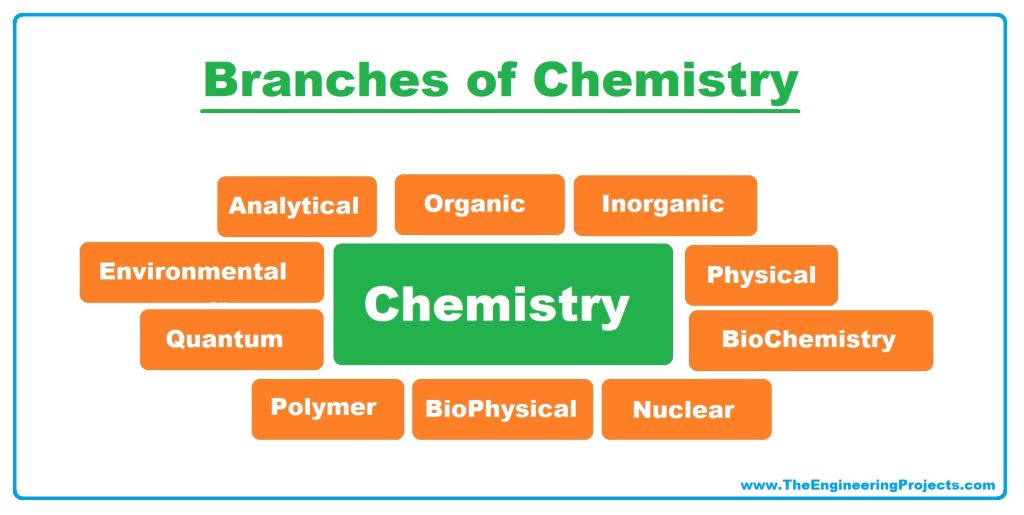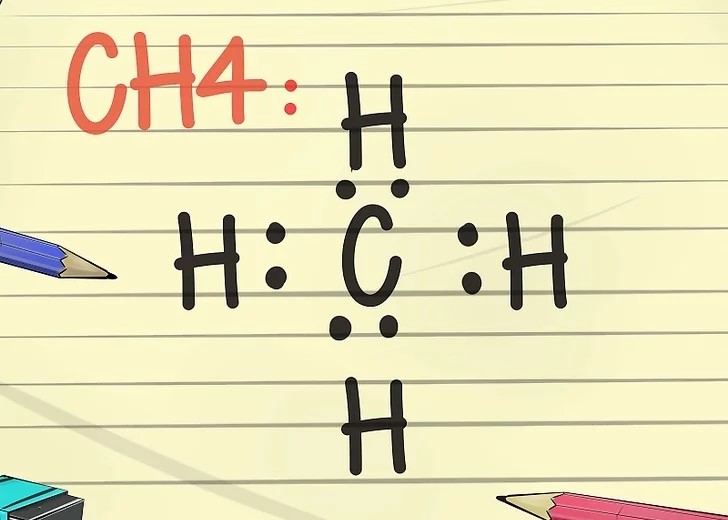Passing Chemistry Made Easy; Chemistry is the scientific study of matter, its properties, and its interactions with other matter and with energy. It is a physical science that is concerned with the composition, structure, behavior, and properties of atoms, molecules, and compounds.
Chemistry helps us to understand the world around us, from the basic structure of atoms to complex chemical reactions that occur in living organisms, the environment, and industry. By studying chemistry, we can better understand the properties and behavior of materials, develop new materials and drugs, improve energy efficiency, and develop new technologies.

Chemistry is a broad and interdisciplinary field that includes various sub-disciplines, such as organic chemistry, inorganic chemistry, physical chemistry, biochemistry, and analytical chemistry. Chemists use experimental methods, theoretical models, and computational techniques to investigate the properties and behavior of matter and to solve problems in various fields, such as medicine, environmental science, materials science, and engineering.
BRANCHES OF CHEMISTRY
Chemistry is a broad and interdisciplinary field that encompasses various sub-disciplines or branches. Here are some of the main branches of chemistry:

- Organic chemistry: The study of carbon-based compounds, which are essential to life and used in a variety of applications, including drugs, plastics, and fuels.
- Inorganic chemistry: The study of non-carbon-based compounds, including metals, minerals, and non-living matter.
- Physical chemistry: The study of the physical properties and behavior of matter, including the principles of thermodynamics, quantum mechanics, and statistical mechanics.
- Analytical chemistry: The study of the separation, identification, and quantification of chemical compounds and their properties.
- Biochemistry: The study of chemical processes within living organisms, including the structures and functions of proteins, carbohydrates, and lipids.
- Environmental chemistry: The study of the chemical processes and transformations that occur in the environment, including air, water, and soil.
- Materials chemistry: The study of the properties and behavior of materials, including polymers, ceramics, and metals.
- Theoretical chemistry: The use of mathematical models and computational methods to understand and predict the behavior of chemical systems.
These branches of chemistry are interconnected and often overlap, and many chemists work across multiple areas of the field. The five primary branches of chemistry are physical chemistry, organic chemistry, inorganic chemistry, analytical chemistry, and biochemistry.
PASSING CHEMISTRY MADE EASY
Passing chemistry requires a combination of understanding the concepts, practicing problems, and preparing effectively for exams. Here are some tips to help you pass your chemistry class:
- Attend class and take notes: Make sure you attend all of your chemistry classes and take good notes. Pay attention to the explanations and examples provided by your teacher.
- Read the textbook: The textbook is a great resource for reinforcing the concepts learned in class. Make sure you read the relevant sections before and after class.
- Practice, practice, practice: Chemistry is a subject that requires practice to master. Work through practice problems, review worksheets and practice quizzes. You can also find practice problems online or from additional resources such as study guides.
- Seek help when needed: If you are struggling with a concept, seek help from your teacher or tutor. They can provide extra explanations or guidance to help you understand the material.
- Attend review sessions: Attend review sessions held by your teacher or tutor to go over the material covered in class and to clarify any confusing points.
- Create study groups: Form a study group with other students in your class. Discussing concepts with others can help you understand them better and provide support during challenging times.
- Stay organized: Keep track of important deadlines, assignments, and exams. Create a study schedule and prioritize your time to ensure that you have enough time to study.
- Practice exam-taking strategies: Learn and practice exam-taking strategies such as time management, reading instructions carefully, and answering the easiest questions first.
By following these tips, you can increase your chances of passing your chemistry class. Remember that chemistry is a subject that requires practice and persistence, so don’t give up!
PASSING CHEMISTRY MADE EASY


